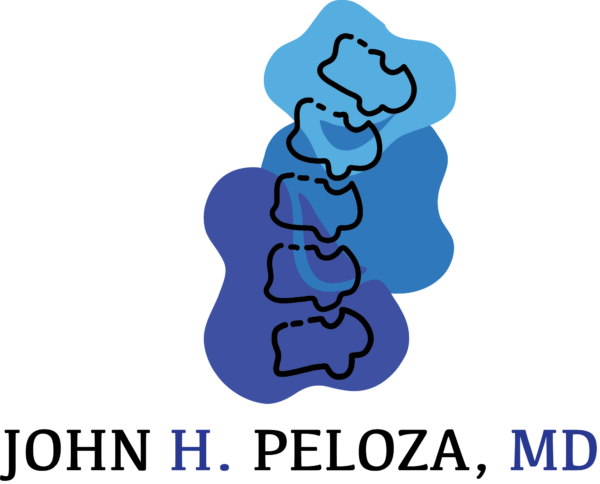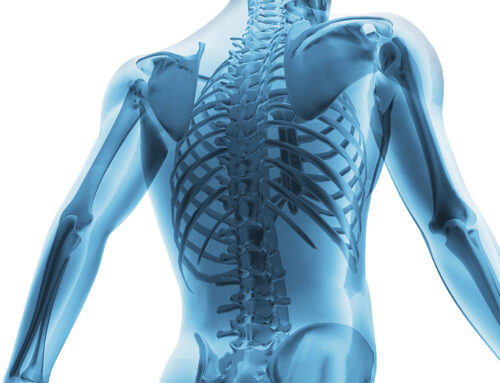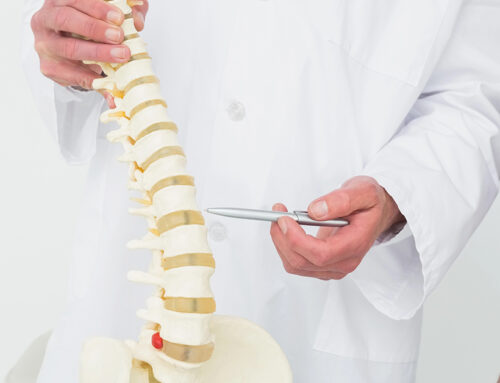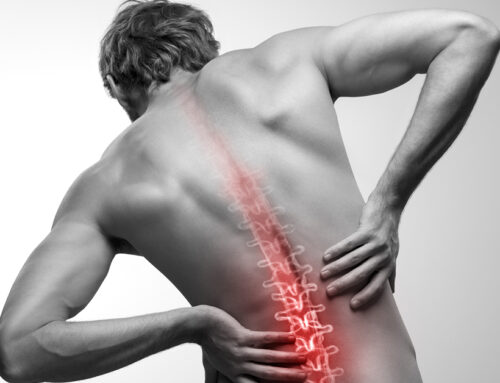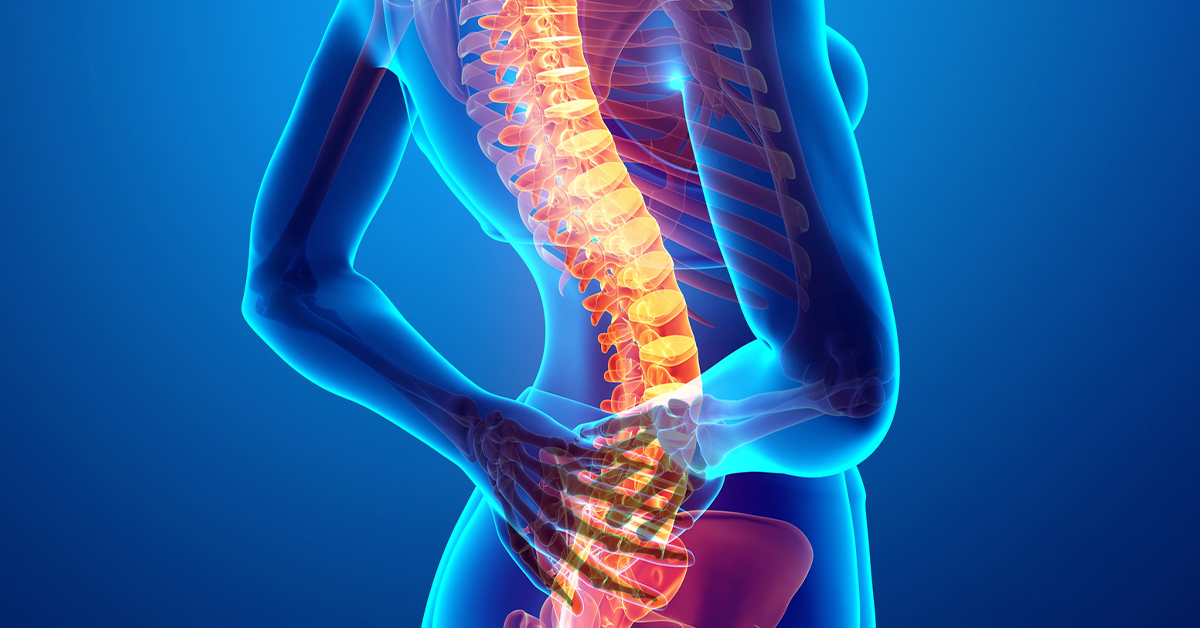
Who is Not a Candidate for Artificial Disc Replacement?
Artificial disc replacement (ADR) is an innovative surgical procedure designed to alleviate chronic back pain caused by degenerative disc disease (DDD). While it offers numerous benefits, including the preservation of spinal motion and quicker recovery times, not everyone is a suitable candidate for this surgery. Understanding the criteria that may disqualify someone from undergoing ADR is crucial for making informed decisions about treatment options. Here’s a detailed look at who might not be a candidate for artificial disc replacement.
Medical and Anatomical Contraindications
- Multiple Level Disc Degeneration: ADR is typically recommended for single-level disc degeneration. Patients with degeneration affecting multiple levels of the spine may not benefit from ADR, as the procedure is designed to address isolated disc issues.
- Severe Spinal Instability: Conditions that cause significant instability in the spine, such as severe spondylolisthesis (where one vertebra slips over another), may disqualify a patient from ADR. Stabilizing the spine in these cases often requires spinal fusion instead.
- Advanced Osteoporosis: Patients with advanced osteoporosis, a condition characterized by weakened bones, are generally not good candidates for ADR. The weakened bones may not support the artificial disc properly, leading to a higher risk of complications.
- Spinal Infections or Tumors: Active infections or the presence of tumors in the spine can complicate surgery and recovery. These conditions need to be addressed before considering any type of spinal surgery, including ADR.
- Allergies to Implant Materials: Some patients may have allergies to the materials used in artificial discs, such as certain metals or plastics. Allergic reactions can lead to complications and implant failure.
Health and Lifestyle Factors
- Obesity: Excessive weight can place additional stress on the spine and the artificial disc, potentially leading to complications. Patients with a high body mass index (BMI) may be advised to lose weight before undergoing ADR.
- Poor Overall Health: Patients with poor overall health or multiple comorbidities (such as uncontrolled diabetes, severe cardiovascular disease, or respiratory issues) may face increased surgical risks. These patients need a thorough medical evaluation to determine if they can safely undergo ADR.
- Nicotine Use: Smoking and the use of other nicotine products can impair healing and increase the risk of complications. Many surgeons require patients to quit smoking several weeks before and after the surgery to ensure better outcomes.
Age Considerations
- Very Young or Very Old Patients: ADR is generally recommended for adults in good health who have reached skeletal maturity. Very young patients whose bones are still growing may not be suitable candidates. Conversely, very elderly patients may face higher surgical risks and may not tolerate the procedure well.
Diagnostic Findings
- Incorrect Diagnosis: Accurate diagnosis is crucial. Patients whose back pain is not primarily due to disc degeneration, but rather other spinal issues like facet joint arthritis or nerve root compression, may not benefit from ADR. Comprehensive diagnostic tests, including MRI and X-rays, are essential to confirm that disc degeneration is the primary source of pain.
Previous Spine Surgery
- Extensive Previous Spine Surgery: Patients who have undergone multiple previous spine surgeries or have significant scar tissue may not be ideal candidates for ADR. The altered anatomy and scar tissue can complicate the procedure and affect outcomes.
Artificial disc replacement can be a highly effective treatment for selected patients suffering from degenerative disc disease, but it is not suitable for everyone. Factors such as multiple level degeneration, severe spinal instability, osteoporosis, spinal infections, poor overall health, obesity, nicotine use, age, and previous spine surgeries can disqualify a patient from undergoing ADR.
If you are considering ADR, it is essential to consult with a spine specialist who can evaluate your specific condition and determine the most appropriate treatment plan for you. By understanding the criteria for candidacy, you can make an informed decision and pursue the treatment option that offers the best potential for pain relief and improved quality of life.

